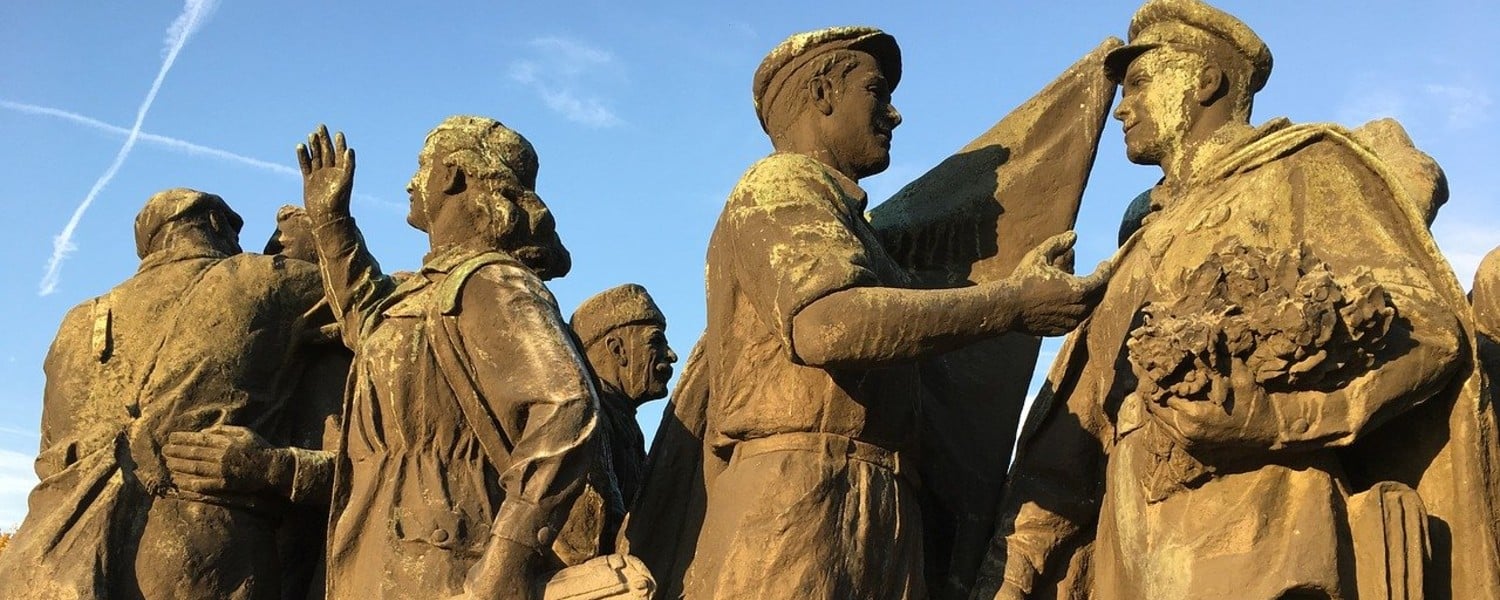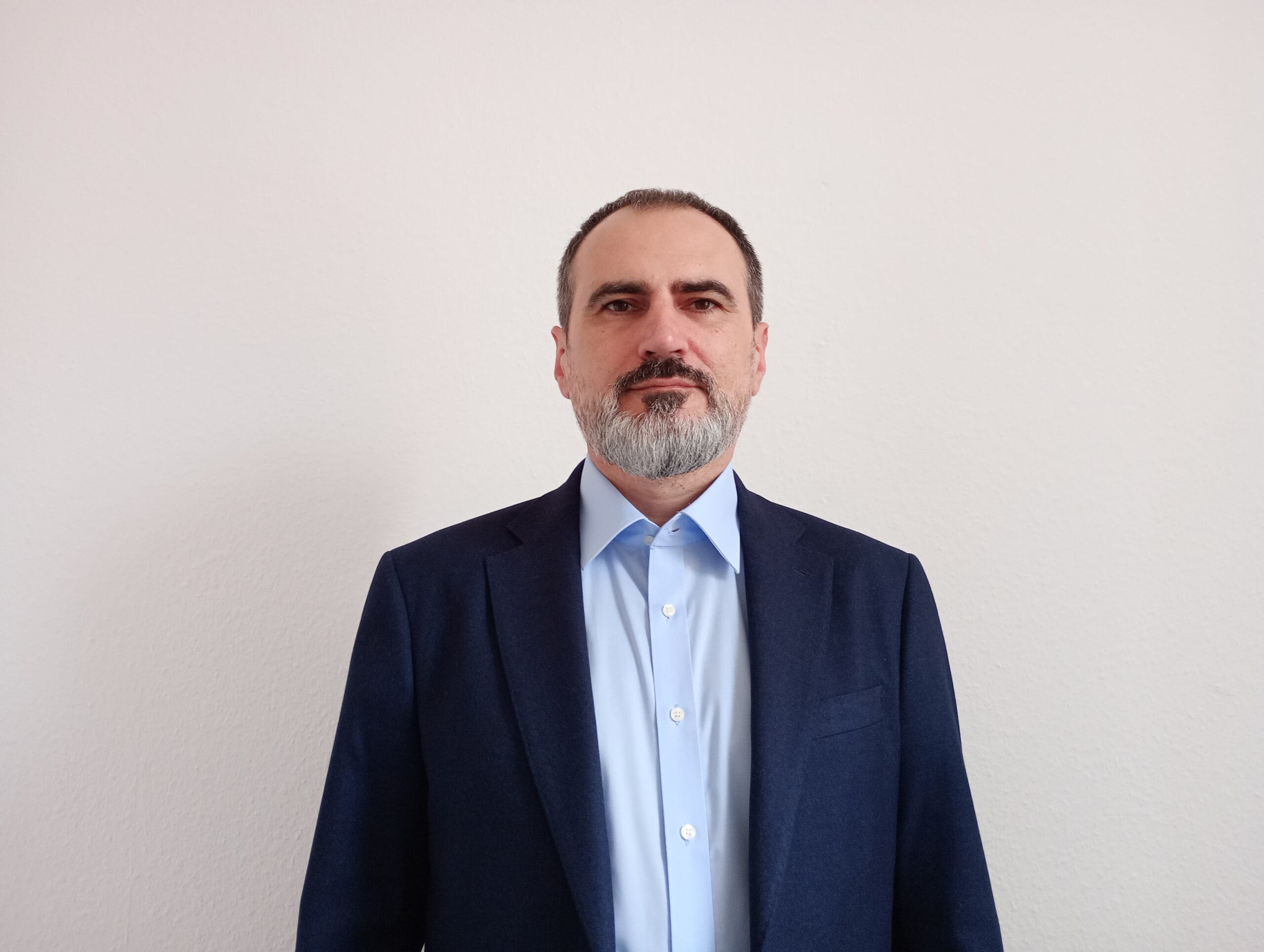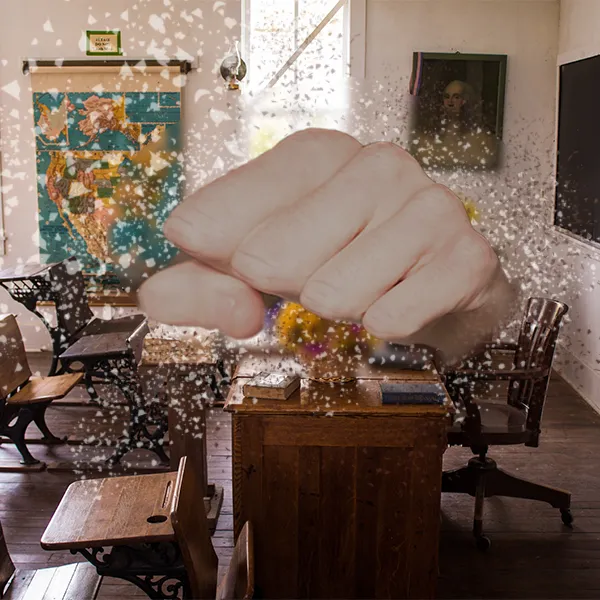The elections of presidents Rumen Radev in Bulgaria and Igor Dodon in the Republic of Moldova coincided with the publication of an article and map in Romanian media, which was widely read all over Romania the day after voting – 14 November 2016. On the map, Romania was coloured in blue, while all the other countries were painted red – symbolic of Russian influence. Even Ukraine was painted in red, but it was noted that it has conflict with Moscow. “MAP Romania, ever more caught in Russia’s claws: Moldova and Bulgaria have elected pro-Kremlin presidents, who join the leaders of Hungary, Serbia, the Czech Republic and Slovakia, said the article at Hotnews.
When I read such articles I always wonder how supposed Bulgarian Russophilia, apparently impossible to uproot, comes together with Bulgarian belonging to NATO and the EU. Don’t our Western partners know that we are all agents of Putin? Why did they allow us to enter these integrationist structures, when our primary loyalty is with a country from outside the Euroatlantic community?
I don’t claim to understand Bulgarian politics. Sometimes, I think I understand Romanian politics better, because it seems that in Bulgaria everything is mixed and contradictory. The prime minister Boyko Borisov is friends with all the internal and external structures and lobbies. He caresses the American ambassador in Bulgaria, claims that three popes have pet him on the forehead, communicates excellently with Angela Merkel and the British prime ministers, while advancing the realisation of Russian-affiliated energy projects. The president Rumen Radev is a general with excellent evaluations from American military schools, speaks English, German and Russian. He is welcome in many countries: Starting in Great Britain, continuing to Germany and the Central European countries, and reaching in the end Russia, China, and countries in the Middle East. In these conditions of such mixture and contradictions, I ask myself why exactly both Bulgarian politicians are described as pro-Russian. Why don’t we consider them pro-German, pro-British or pro-American? Shouldn’t we expect them to be first of all, pro-Bulgarian?
I was looking for the suitable moment to write this article since the moment, when I talked with a young Romanian international relations expert at a scientific conference at the Romanian parliament. He asked me what I thought about Radev. At that moment I already had sufficient experience with Romanians and I had an idea about the national sensitivity related to Russians. I have received a few sarcastic reactions when Romanians learn that my name is Vladimir like the current Russian president. I have felt hate and fear from some Romanians, related to supposed Bulgarian Russophilia. I understand that probably for many Romanians – especially for those of the older generations – relations with Bulgarian are undesirable, “Bulgarians are Slavs, write in Cyrillic and have an affection for Russia.” At that moment – May 2017– I had already been writing my blog for more than a year and a half and wanted to make something which could eliminate the barriers to communication between Romanians and Bulgarians. That is why I told the young expert from the Romanian Academy that I will probably write an article, in which I would present my point of view on the relations within the triangle of Bulgarians-Romanians-Russians.
I think this moment has come because I feel more confident in my views now. But I think it has come also because in my view Romanians need someone who can explain in the Romanian media what exactly happens in Bulgaria. At this moment there are two or three channels through which news and analyses from Bulgaria reach the Romanian press and public directly. One channel is my translations of articles written by Bulgarian authors at Baricada Bulgaria, which I publish on Baricada Romania and on my blog. The second channel is the translation work of the agency Rador, which is part of Radio Romania and where two Bulgarian-speaking journalists work. The third channel is Bulgarian-English language media, such as Novinite or Sofia Globe, where Romanian journalists translate and publish short texts.
What I don’t see in Romania are media people who can interpret these translated articles. There is a lack of original points of views; points of view which differ from the cliches that Romanians have been fed since the times of transition and Ceausescu’s rule. Bulgarian Russophilia is an example of this labyrinth in which the Romanian reader loses himself; if he ever had an interest in the truth beyond the southern border.
What would the Romanian reader understand, if he or she read consecutively, the article “The Bulgarian president feels himself captive in the EU” in Dilema Veche and “Analysis Dnevnik: The government, the parliament and the main mass-media work for the interests of Russia in Bulgaria” at Hotnews? The first article names different media, asserting that they are anti-Western, including the Barricade (where I volunteer presently), and the media from the Capital group, which is owned by the oligarch Ivo Prokopiev. According to this article, the main anti-Western figure in Bulgaria is the president Rumen Radev. The article also asserts that anti-Western media in Bulgaria is funded by Western sources! It is written that “anti-Western” media, such as Capital are funded by the foundation “America for Bulgaria” and by the network of George Soros.
The second article was originally written in Bulgarian by Dnevnik (which is part of the Capital media group) and later translated by Rador before reaching Hotnews. In it, things were the exact opposite – Boyko Borisov realises Russian projects in Bulgaria. The article claimed that he does this in cooperation with loyal media:
“A part of the newspapers with big circulation – like Telegraf, Trud, Monitor and 24 hours,– distribute Russian propaganda, giving special attention to some of its aspects. For example, they write how correct the Russian foreign policy is…how important Bulgaria and the Balkans are for Europe; about the Russian energy projects and how disgusting Euroatlantic values are. What is common among all of these outlets is that they are all linked to networks with close business ties to Russia… The Russia-influenced media has also become a platform for a nexus of pro-Russian politicians, journalists and intellectuals, who coalesce in propagating the Kremlin-sanctioned discourse of conservatism and traditional values, whenever relevant issue areas arise in the public debate, particularly related to gender, LGBTQ and the traditional family.”
The quote about is from the article in Hotnews, republished from a quote in Dnevnik’s article, which is actually a quote from a report on Russian influence in Southeastern Europe, written by the Center for the Study of Democracy in Sofia (note: This is a quote from the report, which was published on 22 January 2020 in Washington. The report was later edited by the Center for the Study of Democracy. The names of the four Bulgarian newspapers were erased and replaced with, “Indirectly, similar to the case of Serbia, most of the widely read Bulgarian dailies have been streaming pro-Russian propaganda with a distinct focus on the righteousness of the Russian foreign policy in Europe, the Middle East and Latin America and the importance of Russia-led energy projects for Europe, Bulgaria and the SEE region.” After that the quote continues as given in Hotnews).
What happens here? If I were a Romanian reader who doesn’t know the Bulgarian language and doesn’t know Bulgaria, I would probably think that everyone in Bulgaria is a Russian agent – Boyko Borisov and loyal media, Rumen Radev and the anti-Borisov media. In other words, the consequence of the internal political fight in Bulgaria (which is getting more ruthless), is that both lobbies, for and against Borisov, accuse one another publicly that the other is in service to Russia. When that happens in Romanian media, it strengthens stereotypes: “In Bulgaria everything is related to Russia, we shouldn’t step foot there. We should stay on our island of latinity, where we are free from Slavic influence.”
Is there somebody who can explain in Romania how dubious it is to describe Capital as an anti-Western media? Is it possible that the Bulgarian authors of the article in Dilema Veche have misled people in Romania (both authors have been affiliated with the newspaper 24 hours, which is considered to be a pro-Borisov media, meanwhile Capital is writing criticisms of Borisov)? Barricade Bulgaria has probably republished the most articles from Western media in the Bulgarian press. It is critical not only of Western realities, but also at what happens in other parts of the world. As far as media which supports Peevski and Borisov is concerned I am also not convinced that they can be so easily categorised as under Russian influence; both oligarchs also provide American views with media representation.
In my view the two main lobbies in Bulgarian politics, one pro- and one anti-Borisov, manipulate Romanian public opinion by using long standing stereotypes about Bulgaria. This manipulation is beneficial to parts of Romanian society, because they prefer Bulgarian-Romanian relations to remain the way they have been for decades: With each of us staying among his own. But I also think that both in Bulgaria and Romania there are people who have developed relations and overcome the cliches and the fears meant to keep us apart. We should listen to those people’s opinions more often.
Politics itself should not be a space where people are only labeled and categorised into one or another geopolitical camp. My hope is that in politics, in media, and in interpersonal relations there is also space for imagination. If we are looking for Russian influence, we can find it not only in Bulgaria, but also Romania. But if we want to see something attractive in our neighbour, instead of something that repulses us, we need to change ourselves before everything else. This is where the place of imagination in international relations resides.
Is there something else in Bulgarians beside Russophilia? I don’t know. I would like the Romanian readers of this article to answer. If somebody finds in me or in my fellow compatriots something different than evidence that we are agents of an enemy intelligence service, I would like to know. I think that Romanian-Bulgarian relations could enter a new era, where we show a sincere curiosity towards the other and approach him or her with love.
But I also have another message, which is probably more important. Romania needs experts who don’t simply translate from foreign languages, but also are able to interpret and to have the self-confidence and knowledge necessary to publicly state an opinion on realities in the region. If Romania doesn’t grow such experts, it risks allowing its media and its territory to be a site for foreign battles to be fought. Isn’t it more interesting if Romania contributes its own perspective on regional subjects?
The appearance of these experts is not something which will happen easily. If we talk about Bulgaria, Bulgarian politics at present artificially divides society into two big camps (for and against Borisov; for or against Radev) which hinders the appearance of alternatives. If I were a Romanian reader or editor, I would want to go beyond the visible contradictions towards opinions which don’t manipulate me emotionally, but give me a new understanding on the subject. I hope that this text serves exactly this goal.
Photo: Monument of Soviet Soldiers in Sofia (source: Pixabay, CC0)
The Barricade is an independent platform, which is supported financially by its readers. Become one of them! If you have enjoyed reading this article, support The Barricade’s existence! We need you! See how you can help – here!










